|
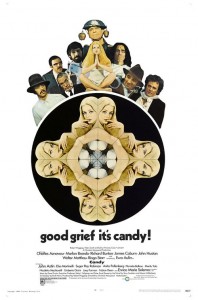
Synopsis:
A vapid, sexually alluring teen (Ewa Aulin) encounters lustful older men — including her father (John Astin), his twin brother (Astin), a poet (Richard Burton), a gardener (Ringo Starr), a hunch-backed juggler (Charles Aznavour), a renowned surgeon (James Coburn), a general (Walter Matthau), and a guru (Marlon Brando) — everywhere she goes.
|
|
Genres, Themes, Actors, and Directors:
- Counterculture
- James Coburn Films
- Marlon Brando Films
- Richard Burton Films
- Ringo Starr Films
- Satires and Spoofs
- Walter Matthau Films
Review:
Based on the best-selling 1958 novel by Terry Southern (which itself was loosely inspired by Voltaire’s Candide), this infamously awful camp classic is (as summed up by DVD Savant) simply “a pack of stale sex jokes enlivened here and there by spirited performances”. It’s difficult to know exactly what all the big name actors who committed to this project thought they were getting into — but fortunately for film fanatics, there’s actually quite a bit to enjoy in their cameo spots. Burton, for instance, is deliciously bombastic as a poet with perpetually wind-swept hair, while Matthau riffs nicely on his crusty screen persona, and Brando has great fun (too much fun??) playing a lecherous guru living out of the back of a truck. Aulin herself is convincingly vacant as the sexy object of all men’s desires — and if she’s no great actress, she’s at least appropriately cast for the part. Yet you’ll likely find your patience sorely tested as you question the ultimate point of Candy’s sexual wanderings, given that she doesn’t seem to be particularly turned on by any of these men. Indeed, if you take it all too seriously, it’s easy to be deeply offended by the very premise of a sexually available, under-age naif allowing herself to be seduced by nearly every male she comes across — and the incessant faux humping (this is a satire on pornography, after all) quickly becomes tiresome. Watch this one, if you dare, simply for its value as a curio.
Redeeming Qualities and Moments:
- Richard Burton as McPhisto
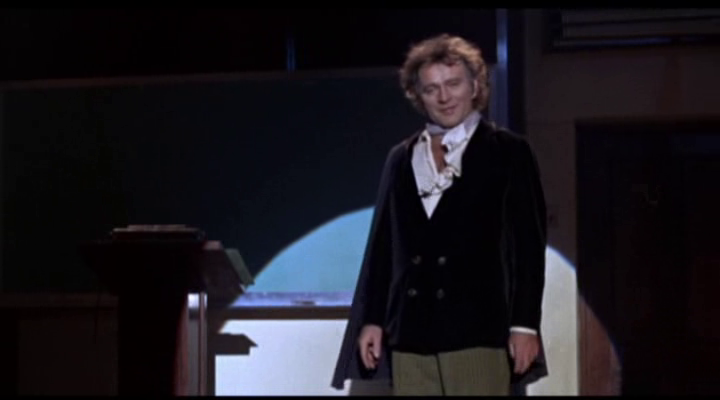
- Walter Matthau as General Smight
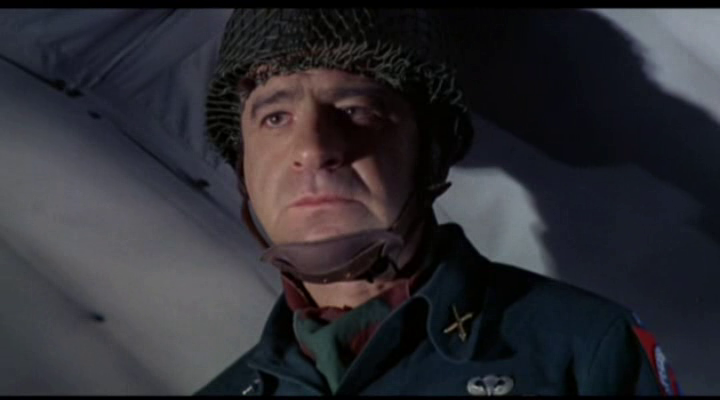
- James Coburn as Dr. Krankheit
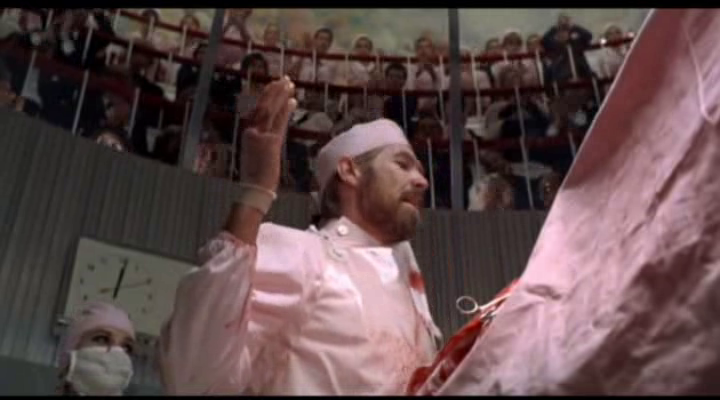
- Marlon Brando as Grindl
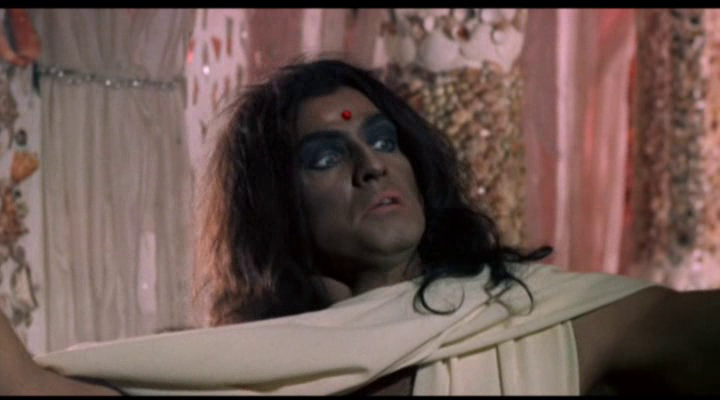
Must See?
Yes, but only for its notoriety as a campy clunker. Listed as a Camp Classic in the back of Peary’s book.
Categories
Links:
|